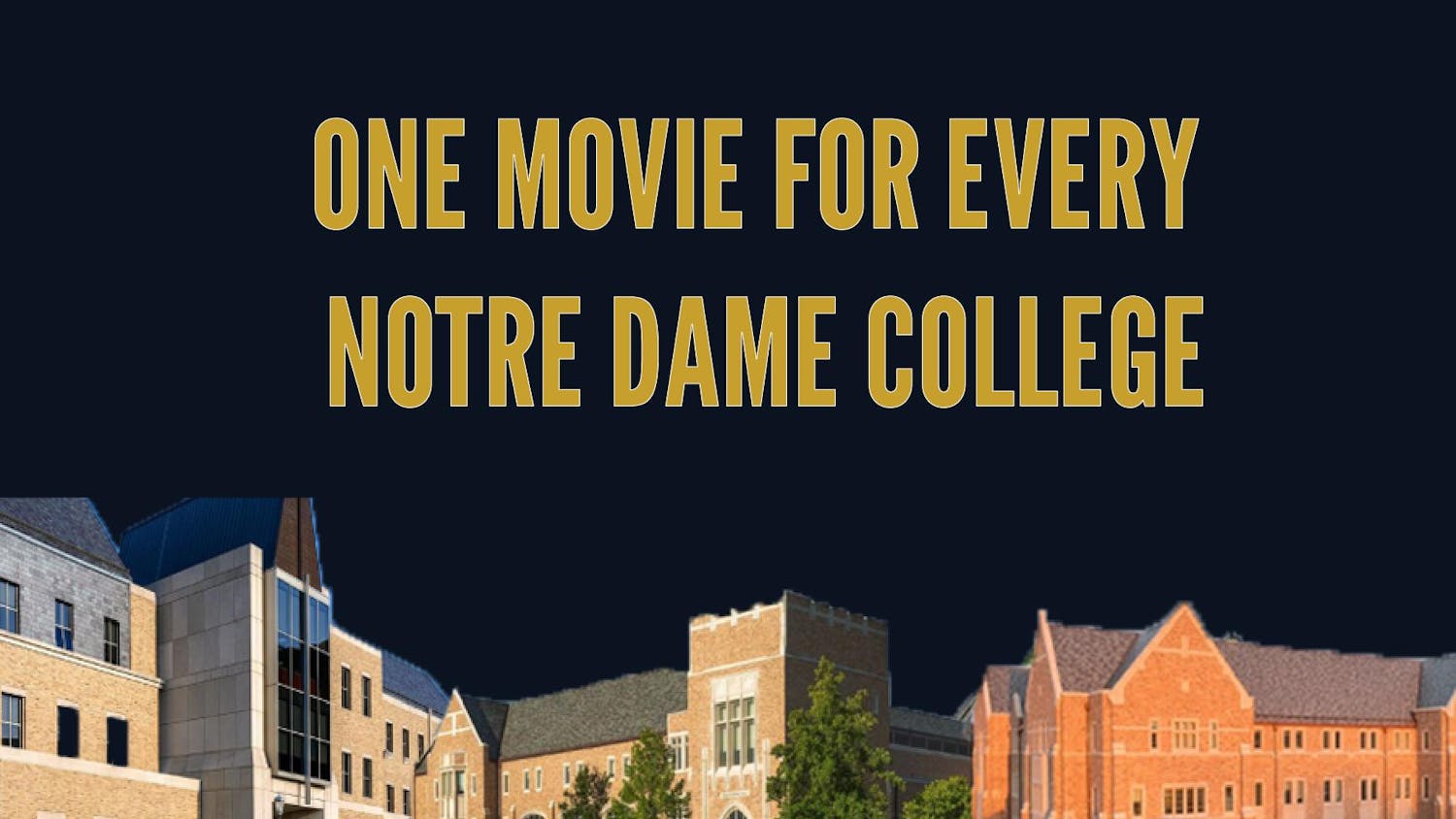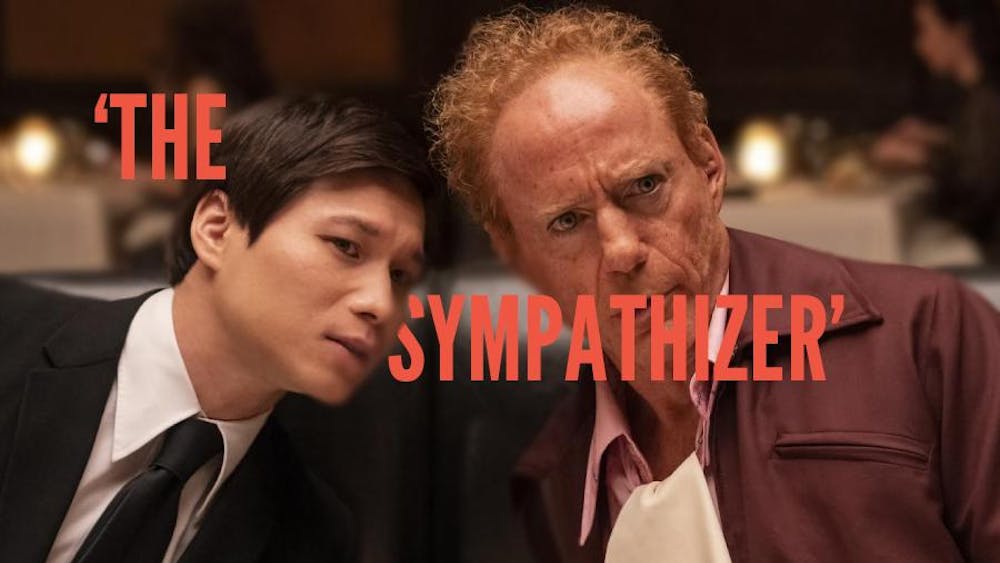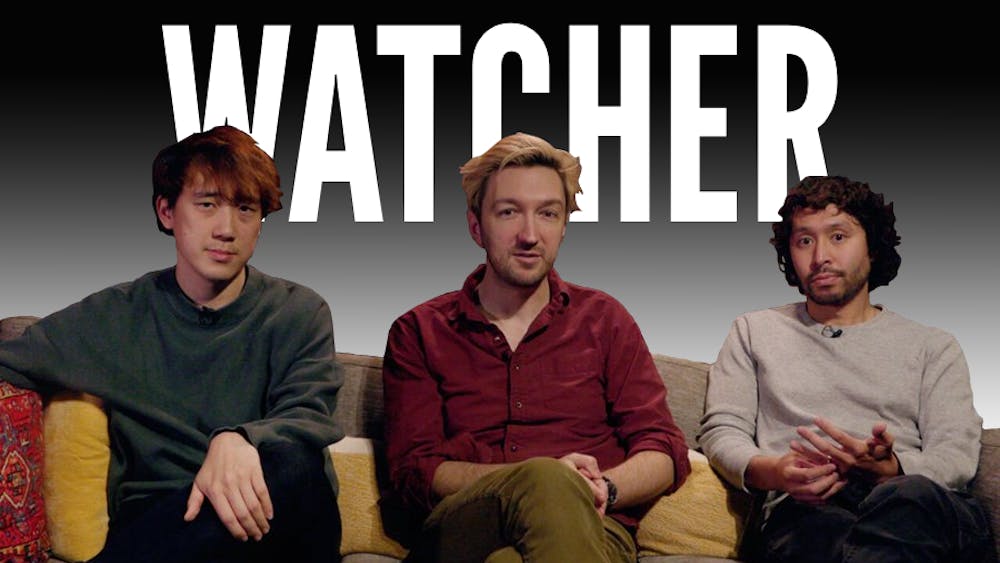
“I’m a man of many interests, but my true passion might be pasta,” says Aziz Ansari’s character Dev Shah, describing himself to his girlfriend’s grandmother. “Master of None,” Ansari and writing partner Alan Yang’s new Netflix series, showcases the comedian at the intersection of these two passions: his personal interests and the people in his life.
Ansari plays the semi-autobiographical role of Dev Shah, a small-time actor living in New York City. Dev bounces off a number of friends at differing stages in their lives but most often hangs out with the similarly single Brian, Denise and Arnold, played by the equally impressive Kelvin Yu, Lena Waithe and Eric Wareheim, respectively. In his thorough encounters and interactions, Dev explores an array of 21st century cultural phenomena and social concepts, both new and old.
“Master of None” features everything describing today’s young adult renaissance man: curiosity in food, sex, music, casual philosophy and a good sense of humor. Through Ansari’s translation of his own personal interests onto the screen, the show documents the still-new life stage between teenhood and adulthood that the ubiquity of college and delayed marriage have helped create in the modern age.
With this young adulthood comes aimless soul-searching and a lot of question asking. As a result, “Master of None” covers everything from first-generation Americans’ relationships with their parents to institutionalized sexism and racism to murky sexual relationships and their morality. From Ansari’s place, a successful first-generation Indian American actor, he is able to inject very truthful experiences and viewpoints that give the show’s already engaging storylines even more freshness.
His portrayal of Dev as honest and well-meaning, yet still human, makes him likable in each of his small victories and mistakes, alike. Whether he’s succeeding in the fickle culture of smartphone dating, working to connect with his parents — enjoyably played by Ansari’s own parents — or putting his foot in his mouth, it’s hard not to root for Dev. This is especially true of the show’s nonlinear relationship and the palpable chemistry between he and the charming, confident Rachel, portrayed by Noël Wells in a breakout performance.
With “Master of None,” Ansari and company explore a wide range of intriguing topics, loosely bouncing from idea to idea on an episodal basis. At times the show is reminiscent of fellow NYC comedian Louis C. K.’s “Louie,” Amazon Studios' audacious “Transparent” or the revolutionary “You’re The Worst,” three contemporary genre-blurring shows in a burgeoning trend of excellent, cinematic half-hour television programming. Modern romance, social equality and parenting are all given significant, thoughtful discourse.
Elsewhere, Ansari gives his truncated take on Richard Linklater’s extremely romantic “Before Sunrise,” shows flashes of the unconventional development of the central relationship in last year’s subversive rom-com “Obvious Child” or provides a companion piece to the heartbreakingly real “Woman Seeking Man” episode of this year’s “Man Seeking Woman.” Nevertheless, with such a defined personality as Ansari's in the lead, everything remains grounded around him as the show is littered with charismatic, personal touches.
The show exists in a very carefully defined, hip — but not overly hip — universe that Ansari cultivates through his clearly defined likes, often the subject of his stand-up and interviews. He and his friends can be seen at a different trendy restaurant every week, their house and apartment designs are distinctly unique yet feel believably lived-in, he eats at the old-school Brooklyn Italian restaurant Bamonte’s and attends a secret Father John Misty concert at the very cool Williamsburg bar and concert venue Baby’s All Right.
Ansari’s idiosyncratic flourishes often crop up at an even more granular level: Martinelli’s apple juice, “tasty shwarma,” a new gelato place or ramen shop, choosing between gnocchi and bucatini, the last “King Kong Banana Split,” the best taco in the city, a bowl of homemade spaghetti carbonara; the comedian relentlessly finds a way to integrate his love of food into the story. Meanwhile, he also lends his viewers a peak at his favorite music, featuring a diverse array of worldly songs that score the Quentin Tarantino-esque title sequence, as well as name-dropping everything from the Buzzcocks to the “Beauty and the Beast” soundtrack to a hilarious debate about the lyrical implications of Eminem’s “Lose Yourself.”
Across the show’s first 10 episodes, “Master of None” could refer to Ansari’s potpourri of tastes, spread among so many interests which cement him as a competent jack of his trades, but a master of none. However, at its core, the show is about his many relationships, with his interests providing a realistic, stimulating backdrop in front of which to explore them. And as the young adult that Dev is — like many of the viewers of this show quick to connect with him — he has no way of being a master of any of his relationships when he doesn’t even know what feeling in control of his own life entails.













